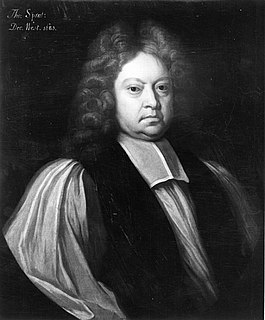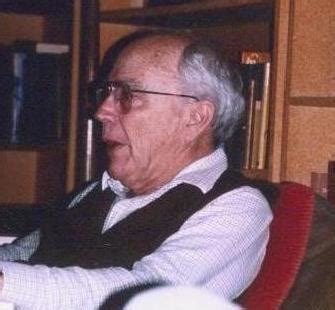A Quote by Gilbert K. Chesterton
The martyr endured tortures to affirm his belief in truth but he never asserted his disbelief in torture.
Related Quotes
The man who has a certain religious belief and fears to discuss it, lest it may be proved wrong, is not loyal to his belief, he has but a coward's faithfulness to his prejudices. If he were a lover of truth, he would be willing at any moment to surrender his belief for a higher, better, and truer faith.
His [Turgot's] first important literary and scholastic effort was a treatise On the Existence of God. Few fragments of it remain, but we are helped to understand him when we learn that he asserted, and to the end of his life maintained, his belief in an Almighty Creator and Upholder of the Universe. It did, indeed, at a later period suit the purposes of his enemies, exasperated by his tolerant spirit and his reforming plans, to proclaim him an atheist; but that sort of charge has been the commonest of missiles against troublesome thinkers in all times.
They have never affirm'd any thing, concerning the cause, till the trial was past: whereas, to do it before, is a most venomous thing in the making of Sciences: for whoever has fix'd on his Cause, before he has experimented; can hardly avoid fitting his Experiment, and his Observations, to his Own Cause, which he had before imagin'd; rather than the Cause to the Truth of the Experiment itself. Referring to experiments of the Aristotelian mode, whereby a preconceived truth would be illustrated merely to convince people of the validity of the original thought.
Belief, as I use the word here, is the insistence that the truth is what one would "lief" or wish it to be. The believer will open his mind to the truth on condition that it fits in with his preconceived ideas and wishes. Faith, on the other hand, is an unreserved opening of the mind to the truth, whatever it may turn out to be. Faith has no preconceptions; it is a plunge into the unknown. Belief clings, but faith lets go.
There are, however, exceptions to this reliance on feelings as evidence of truth: if, for instance, your feelings lead to disbelief instead of belief, they're apt to be dismissed as some form of denial. This is not a common problem. Usually intellectualism, not feeling reality, is blamed for disbelief. But, some angel experts suggest, there may be emotional as well as intellectual barriers to belief: unwillingness to believe in angels can reflect low self-esteem.
If there is a soul, what is it, and where did it come from, and where does it go? Can anyone who is guided by his reason possibly imagine a soul independent of a body, or the place of its residence, or the character of it, or anything concerning it? If man is justified in any belief or disbelief on any subject, he is warranted in the disbelief in a soul. Not one scrap of evidence exists to prove any such impossible thing.




































